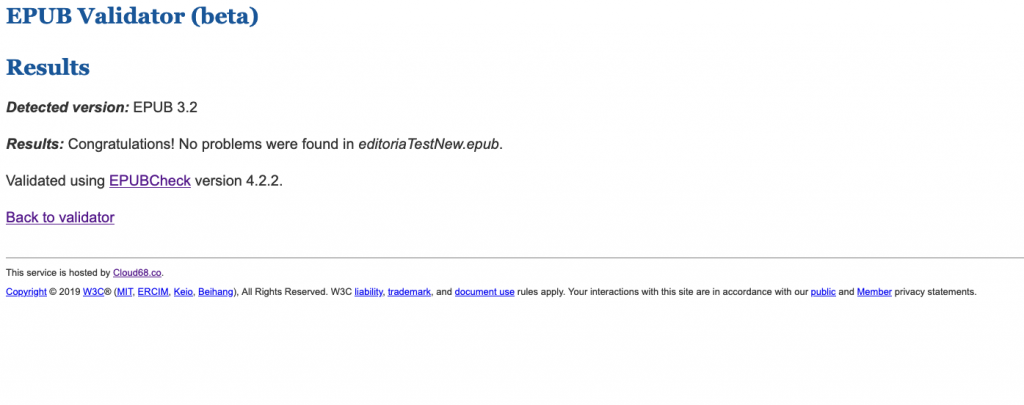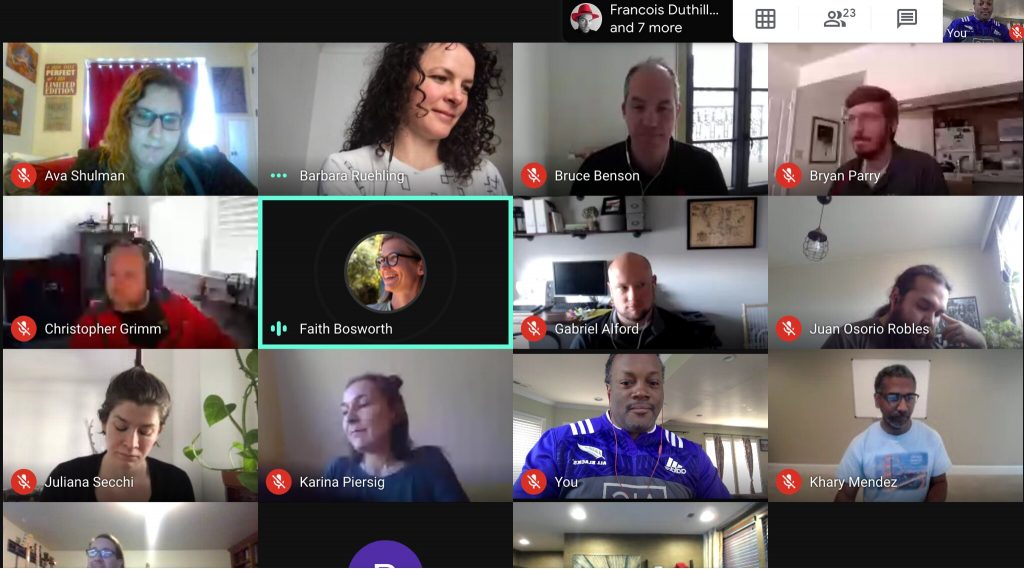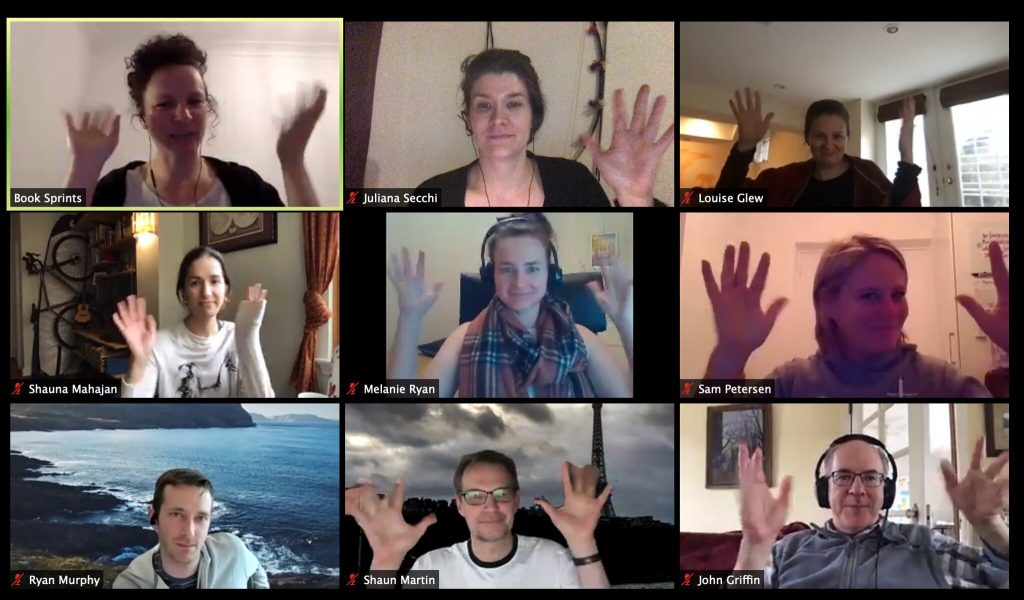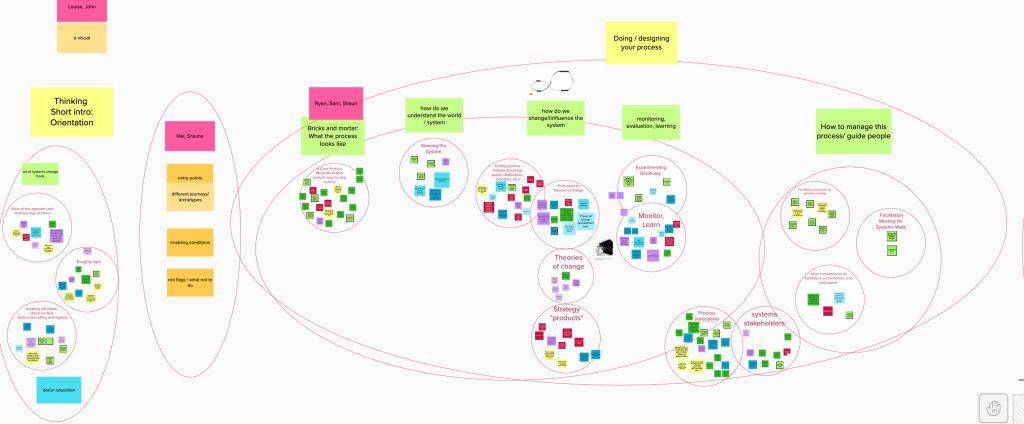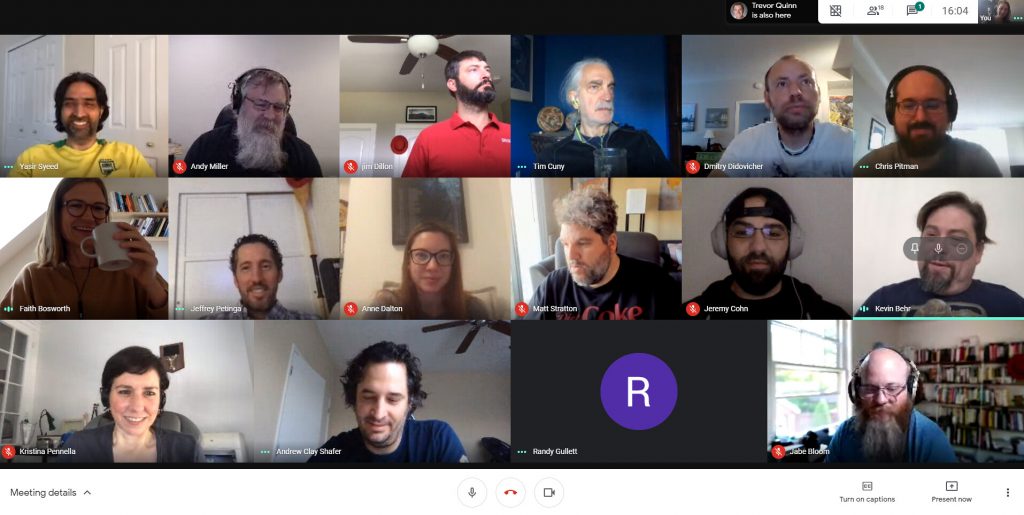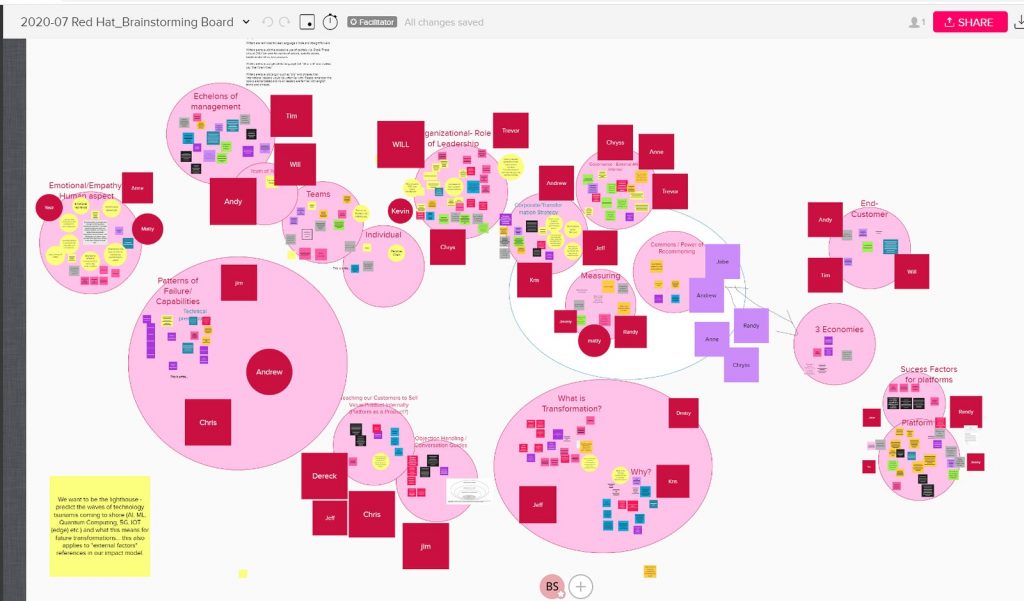So… big disclaimer…I know absolutely nothing about real estate or economics. I say this because this post is a brain dump while I work my way through these two topics in the context of small town New Zealand. If anyone can help me understand this better please take note of how little I know (and how much I have to learn!) and send me an email – adam@adamhyde.net (i’d love your take on it).
At the moment there are record highs for real estate around the country. All this when some smart folks that know a lot more about this than me (Westpac Bank) had predicted a downturn in prices due to COVID.
So, right now prices are high and it seems this is due to a decrease in listings combined with all time low lending rates (due to the reserve bank trying to stimulate the economy). At the same time we are sliding deeper into a recession.
What I also see, anecdotally, is the following:
- real estate agents stoking the high expectations of resale prices and fear of missing out (FOMO), which I guess at the end of the day is their job. However, it does seem to me to be contributing to a little despondency and panic in the buyers.
- some panic buying. I saw one bidder upping their bid at auction (with no one pushing against them) by almost 100k on a property that eventually sold to them for 1,070,000 NZD. The buyer was worried about being outbid and so went up twice with no one bidding against them.
- stories abounding about ‘outside money’ (from Auckland or rich NZers returning home) but net immigration is down 90% (see these eye opening graphs – there is no one coming in with bags of cash).
- when attending auctions it seems to me that all the bidders are older locals.
- a couple of absurd buys at well above value are forcing the market to speculate that the elevator is going up faster than usual.
- 3 houses here in Raglan *did not sell* at auction (they don’t mention this in the articles).
- bidding at auctions is tentative and shy.
It looks all the world to me that older NZers, with all their money in a (possibly) freehold house somewhere close are leveraging their capital to buy a second property. The interest rates are low so they aren’t making any money on their savings, they can borrow money cheaply, and they have the capital in their existing home (and the values are going up) they can leverage to get to the minimum 20% (soon 30%) mortgage contribution required by the banks.
So they really don’t have to put any money in. They only have to worry about repayments.
To me that explains the high rates.
But also, I don’t think these people necessarily feel so comfy doing this. They aren’t used to it. I think its a bit of a panic of shy folks. If I were to pull out my emotional thermometer at these auctions I would say the reading would be ‘tentative or ‘fragile’. Bids are slow, no aggressive moves. Some bidding battles going slowly up by $1000 a bid.
Where does it go from here? Well, I don’t trust someplace where you hear everyone saying ‘it can’t go down’ and ‘you have to get in now!’.
I don’t know the market lingo to really know what it means but I think its ‘over heated’.
What does that mean for buying a house now? Well…for starters, I think the raising of minimum deposits in March 2021 (from 20% to 30% for investment properties) won’t effect it much as these folks have the capital.
Right now it feels like a bit of a sugar rush but in a lumpy market. Some places selling crazy high, some around what you expect, some not at all. How long will it last? No idea.
My big question is – how is the economy going to effect all this? What happens when low interest rates fuel real estate purchases during a recession?
It seems general wisdom is that interest rates will remain low for some years. But can folks keep up the payments if their personal financial well being becomes less healthy due to the recession? Are these folks (mostly around retirement age) effected by this? No idea.
One factor tho is COVID. NZ has been very conservative with COVID and instituted restrictions that many other countries have avoided because of the slowdown effect on the economy. Health before wealth is the mantra here. But that also means that NZ will not be letting folks into NZ anytime soon. Why would we after we have enjoyed such freedoms while the rest of the world has been through dark times. Life here is ‘normal’. The Government got in on a landslide largely because of this. So, we will open up slower as the vaccines are distributed around the world. The rest of the world will get going but NZ is not going to change anything fast. We will see even more folks leave NZ while we still have immigration flow limited by the total number of available quarantine beds.
I think this will mean our economy isn’t going to get any external boost anytime soon…
I don’t know what this means for real estate. My naive musing is that it will point to housing prices slowing mid 2021 as more folks leave NZ (counter to the belief that this is utopia), maybe prices will go down if folks that can’t make repayments due to large loans and a long recession put properties back on the market. I don’t know. Dangerous to bet on it, so if you know any better please educate me!

